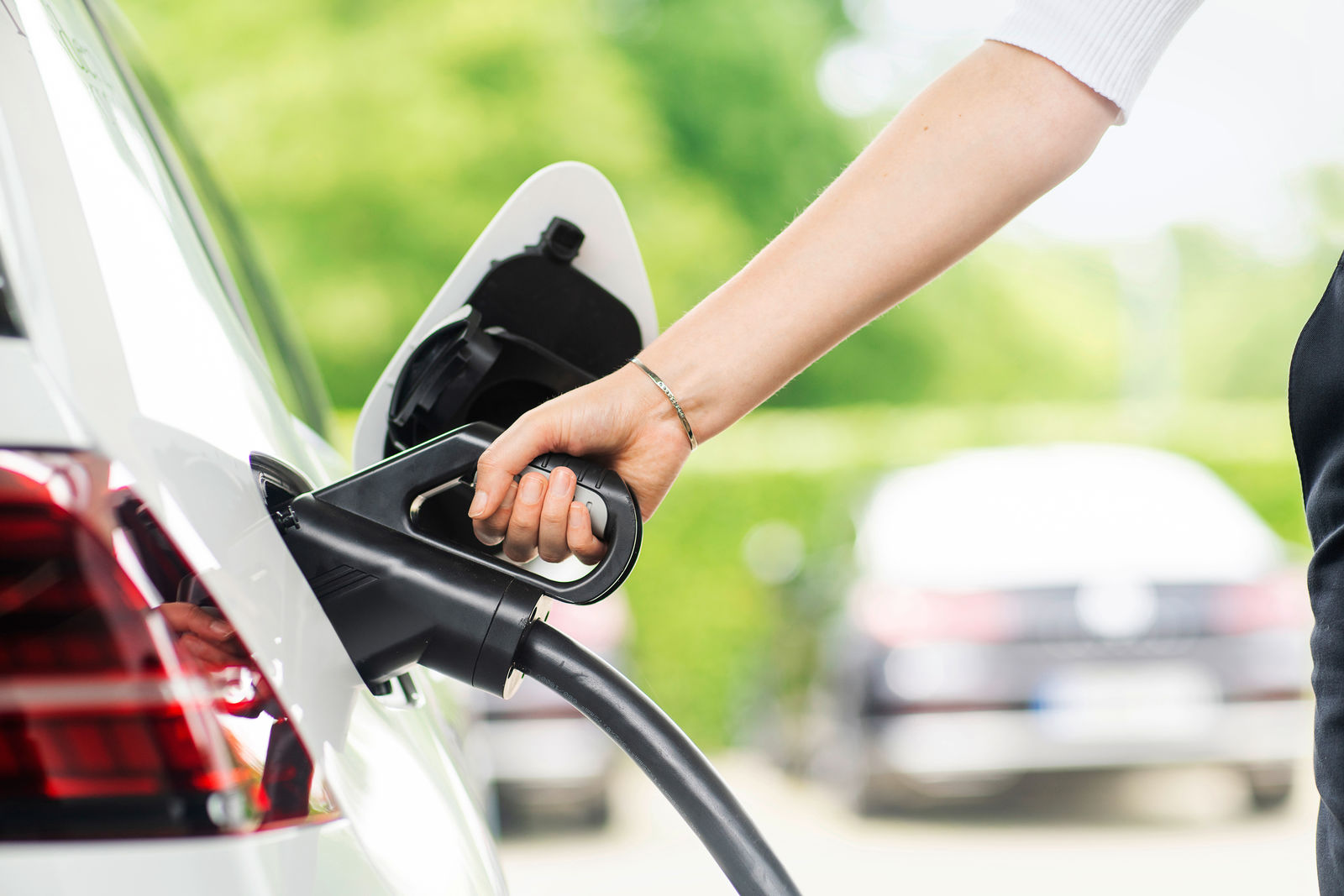For the passenger car and light commercial vehicle fleets the target for the Group is that by 2030 CO2 emissions per kilometre driven will be 30 per cent lower than in 2018. This includes emissions from driving and from production of the fuel and electricity. The Volkswagen AG’s passenger car brands alone are responsible via their vehicles’ use for one per cent of global CO2 emissions. Two factors that impact positively on lowering emissions are the growing proportion of electric vehicles in the Group’s vehicle mix and the fact that Volkswagen is in future having green electricity fed into the grid for running them. In line with the SBTi methodology, there is also a separate target for trucks and buses, which is a CO2 reduction of 20 per cent.
Over and above this Volkswagen is aiming to reduce CO2 emissions in the production process by 30 per cent in absolute terms. The plan is therefore to increase by 2030 the proportion of externally procured electricity that comes from renewable energy step by step to 100 per cent – initially throughout Europe by 2023, then globally by 2030. For China we are still currently investigating whether there is sufficient green electricity available. Volkswagen also continues to press ahead with thousands of energy efficiency projects at its 125 production facilities around the world. In 2019 alone, 1,500 environmental and energy-related measures were implemented across the Group.
“We congratulate Volkswagen on the fact that the company’s targets for reducing greenhouse gases fulfil what is needed from a scientific perspective to implement the Paris Climate Agreement”, says Cynthia Cummis, Director of Private Sector Climate Mitigation at SBTi partner the World Resources Institute. “With these targets Volkswagen is positioning itself for a successful transformation to a net-zero emissions economy and is thus setting an example that the competitors must follow.”
In 2018, the Volkswagen Group became the first car maker to commit itself to the Paris Climate Agreement and now pools all environmental measures under its ‘goTOzero’ mission statement. In the course of implementing these the Group’s previously announced interim target of reducing greenhouse gas emissions from passenger cars and light commercial vehicles across their entire life cycle by 30 per cent of 2015 levels by 2025 still applies. As this encompasses CO2-compensating climate projects too, it is not being checked by the SBTi. In essence, in order to become climate neutral in 2050, the Group will - over and above the target of a 30 per cent genuine CO2 reduction by 2030 now checked by the SBTi - naturally also be working with climate protection projects aimed at CO2 compensation.
You will find further information at https://www.volkswagenag.com/de/sustainability.html








